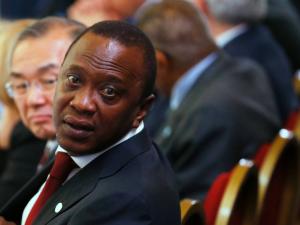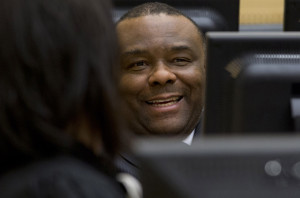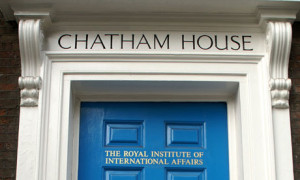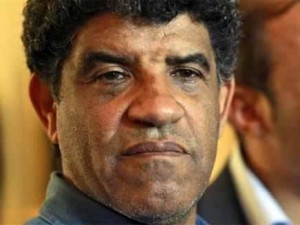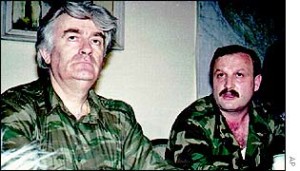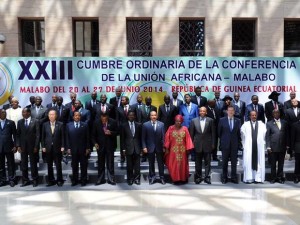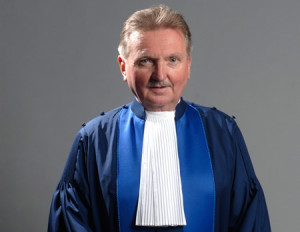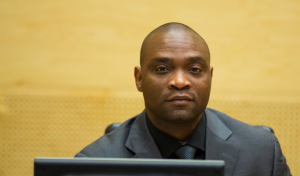Yesterday, at an open meeting of the Assembly of States Parties (ASP) of the International Criminal Court (ICC) held in New York, the ASP accepted Palestine as a “non-state party observer.” This is the same status as that awarded to other non-signatory states to the Rome Statute, such as the United States or Russia.
Rule 94 of the Rules of Procedure states that at the beginning of every session of the Assembly, the President, subject to the adoption of the Assembly, may invite states which are not parties to the Rome Statute and which have not signed the final act nor the statute to attend the assembly proceedings.
Al Jazeera’s Diplomatic Editor James Bays identified the acceptance as
“symbolic but adds to the international momentum for Palestinian statehood and has legal repercussions. If Palestine now applies to join the Rome Statute, it will be much harder to reject them. The acceptance clearly brings war-crimes trials against Israelis one step closer.”
The President of the ASP, however, warned that the effect of the acceptance was limited:
“The Assembly takes the following decisions on procedure independently and without prejudice to decisions taken for other purposes, including the decisions of any other organization or any organ of the court concerning legal matters before it.”
The Palestinian Authority sought to accept the jurisdiction of the ICC back in May 2009 by way of an Article 12(3) declaration. In April 2012, the Office of the Prosecutor determined that since Palestine was an “observer entity,” it could not ratify the Rome Statute. In November 2012, the UN upgraded Palestine’s membership status to that of a non-observer member state. Writing in an op-ed for The Guardian in August 2014, Prosecutor Fatou Bensouda stated that the effect of this upgraded status was such that Palestine could now join the Rome Statute.
To date, the Palestinian Authority has not taken any further steps to ratify the Rome Statute.


